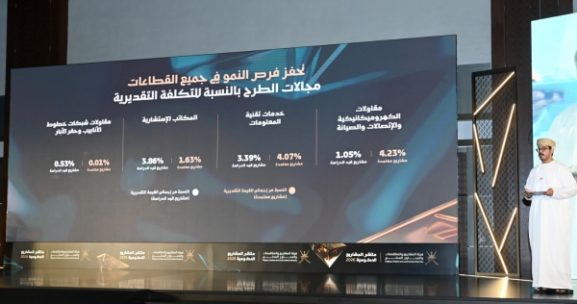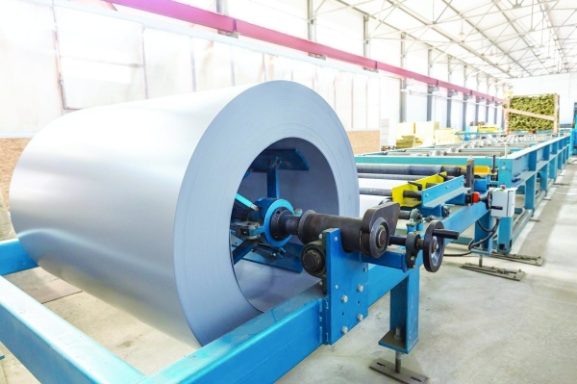Omani Green Iron to Revive British Steel Industry: What This Means for Global Business and Investment Opportunities
MUSCAT: Meranti Green Steel, a Southeast Asian investor specializing in low-carbon iron feedstock for steel production, is offering crucial support to Britain’s struggling steel industry by allocating part of its output from a planned green iron project in Oman.
Britain’s steel sector faces significant challenges, including outdated facilities, high energy and labor costs, and years of underinvestment in advanced technology. These issues are further exacerbated by intense competition from more efficient international producers and the expensive requirements to decarbonize in line with net-zero targets, placing the industry at risk without urgent innovation and renewal.
In a recent commentary published by the British business daily City AM, Meranti’s Founder and CEO, Sebastian Langendorf, outlined a solution central to Meranti’s low-carbon iron feedstock approach. The plan involves producing low-carbon Hot Briquetted Iron (HBI) in regions rich in green energy—such as Oman—and then shipping this feedstock to existing UK steel mills.
Langendorf explained, “We will replace blast furnaces and coking coal with Direct Reduced Iron (DRI) plants and green hydrogen to produce Hot Briquetted Iron (HBI), which can be used in electric arc furnaces. By building our DRI plant in Oman, we utilize abundant supplies of green hydrogen and natural gas to produce HBI economically with a minimal CO₂ footprint. Our HBI offers a cost-effective alternative to conventionally reduced iron and will support green steel production elsewhere.”
This method has the potential to revolutionize steelmaking by decarbonizing steel’s most emissions-intensive phase. For Britain, the key advantage is importing low-carbon HBI from partners like Oman rather than processing iron domestically.
Paired with clean electric arc furnaces and domestic scrap materials, the UK could increase its production of premium steels more efficiently, capitalizing on its strengths in advanced manufacturing, innovation, and high-value sectors such as automotive, aerospace, energy, and infrastructure.
Langendorf added, “Under this model, the UK would transition away from outdated blast furnaces and, through partnerships, secure its position within a reliable supply chain for clean iron. This would safeguard jobs and maintain industrial relevance. Simultaneously, it aligns with global market trends, where demand for low-carbon steel is rising and policies like Europe’s Carbon Border Adjustment Mechanism penalize high-emission imports.”
Meranti, headquartered in Singapore, plans to develop a 2.5 million tonne per annum (mtpa) HBI plant in the first phase at the Special Economic Zone at Duqm (SEZAD) in Oman. This facility will be powered by a carefully managed blend of natural gas and green hydrogen, with the hydrogen proportion progressively increased to reduce carbon emissions further.
While some of the output is designated for Meranti’s upcoming green steel plant in Rayong, Thailand, a portion will be offered to UK steelmakers seeking low-carbon feedstock.
“At Meranti Green Steel, we will be demonstrating this model in practice,” Langendorf said. “In addition to supplying our own steel plant in Thailand with HBI from Oman, we look forward to partnering with European steelmakers. Our HBI will not only have a minimal carbon footprint but also offer high quality and metallisation.”
Special Analysis by Omanet | Navigate Oman’s Market
Meranti Green Steel’s initiative to produce low-carbon Hot Briquetted Iron (HBI) in Oman’s green energy-abundant SEZAD and export it to the UK presents a strategic opportunity for Omani businesses to become key players in the burgeoning green steel supply chain. This project positions Oman as a hub for sustainable industrial innovation, attracting investment and facilitating knowledge transfer in clean technology. Smart investors and entrepreneurs should consider leveraging Oman’s renewable energy potential and special economic zones to tap into rising global demand for low-carbon steel, while mitigating risks associated with traditional carbon-intensive industries.



